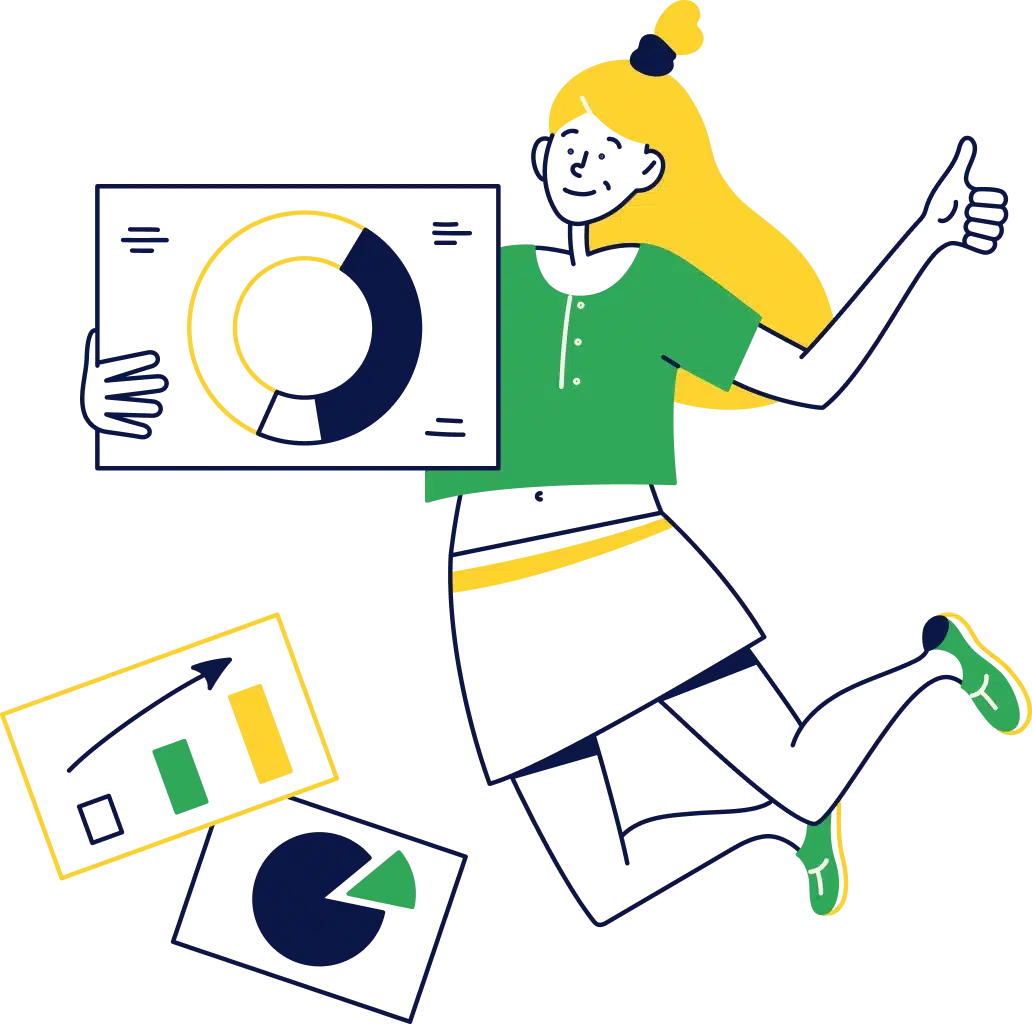Anyone who has had to deal with local government understands the challenges with this bureaucracy. Parents of a child with an Education, Health and Care Plan (EHCP) know how complex the education system can be. When a school placement is failing, educating your child at home can be a viable solution.
However, before making that decision, it’s essential to understand the difference between Elective Home Education (EHE) and Education Otherwise Than At School (EOTAS).
These terms sound similar but have very different legal and financial implications. Understanding the difference is important. It has important consequences for the support your child is legally entitled to, and the financial and legal responsibility you will carry.
What is Elective Home Education (EHE)?
Elective Home Education is exactly what you might expect: a choice made by a parent or guardian to take on the responsibility for their child's education. This was established in the Education Act 1996, which states that parents must ensure their child receives a suitable education, "either by regular attendance at school or otherwise".
When you choose EHE:
- You, the parent, assume the full legal and financial responsibility for providing "suitable" education for your child.
- There is no direct government funding for EHE. You must pay for all resources, materials, activities, and exam fees.
- The moment you deregister your child from school to start EHE, your Local Authority's legal duty to secure the special educational provision of your child's EHCP ceases.
For some families, this option offers flexibility and a sense of control. For others, it becomes a necessity when school simply isn’t working. Either way, it’s important to understand what you are taking on and what support you may be giving up.
Find out more about how we can support EHCPs here: EHCP
What is Education Otherwise Than At School (EOTAS)?
Education Otherwise Than At School (EOTAS) is a separate legal arrangement.
EOTAS is an agreement by the Local Authority that a school setting is inappropriate for the child's needs. In this situation, the LA states that it cannot provide an appropriate school placement. As a result, it must make other arrangements.
When an EOTAS package is agreed:
- The Local Authority is legally and financially responsible for arranging and funding a package of education for your child.
- This package can include funding for specialist tutors, coaches, therapies, and other resources necessary to meet your child's needs as outlined in their EHCP.
In simple terms, EHE is a parental decision, while EOTAS is the Local Authority’s duty when school is not suitable. Many parents currently struggling with home-educating children with EHCPs could be eligible for an EOTAS package, but are unaware that this pathway exists.
Find out how we support EOTAS here: EOTAS
Why This Distinction is Crucial
The number of children with special educational needs (SEN) being removed from mainstream schools has risen sharply. Many parents feel pushed towards home education because their child’s needs aren’t being met, or because school has become a source of distress or anxiety. This exodus of children with SEN from mainstream schools is seen as a symptom of a systemic crisis.
Legal advice charities report that many parents are not fully informed of the consequences at the point of deregistration. This is why understanding the EOTAS route is so important. In short, your LA should provide a good education for your child. If the EHCP does not ensure appropriate quality of education, EOTAS might.
Understanding the difference between EHE and EOTAS ensures your child receives the suitable education they are entitled to.
Moving Forward
If your child’s current school placement is failing, it’s understandable to feel uncertain about what to do next. Taking time to understand the difference between EHE and EOTAS can prevent future difficulties, ensuring your child receives the right kind of education and support.
At Sunbeam Education, our specialist tutors and coaches work with students in both EHE and EOTAS settings. We help families build flexible learning routines that reduce stress and rebuild confidence.





